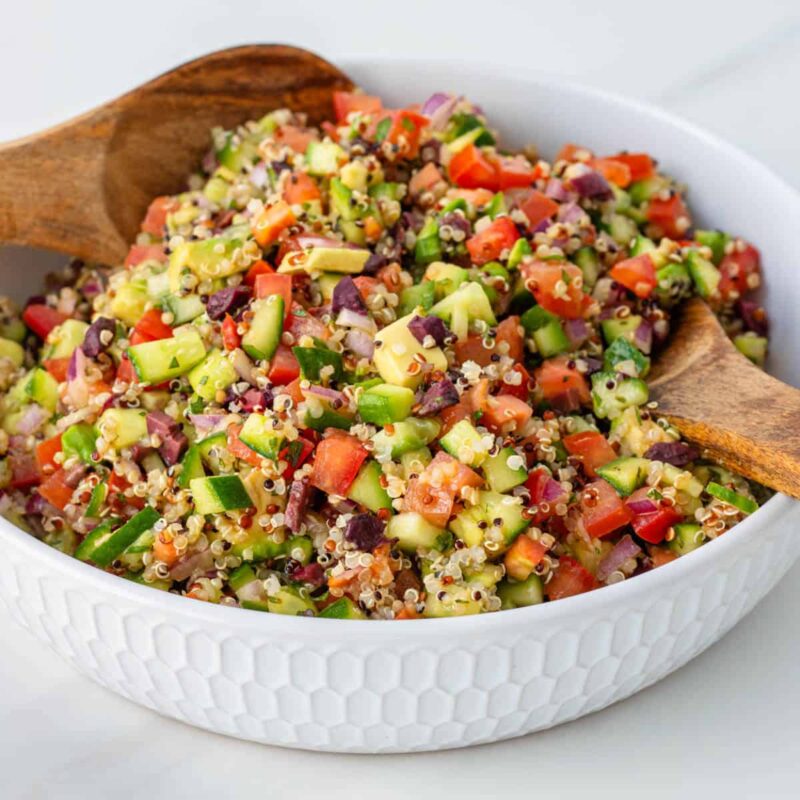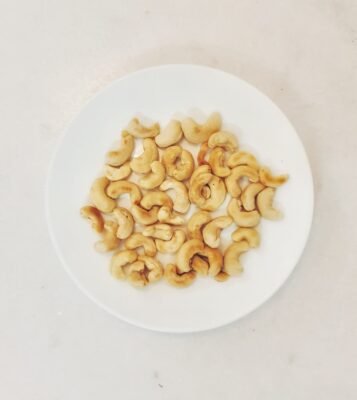Quinoa – The Wonder Seed
In the past couple of decades, quinoa’s popularity has grown exponentially as the demand for easy-to-grow, nutritious, gluten-free grain alternatives has soared.
Not only is quinoa nutrient-dense, but it may offer health benefits, too.
This article covers health benefits of quinoa and gives tips on how to incorporate it into your diet.
A plant-based source of protein
People following a plant-based diet need to find non animal sources of protein to ensure they are getting enough. One cup of cooked quinoa weighing 185 grams (g) provides 8.14 g of protein. The proteins in quinoa offer a wide range of amino acids. Amino acids are vital for supporting muscle development and immune activity, among other essential functions. This makes quinoa an excellent dietary choice for people following a vegetarian or vegan diet. Quinoa, unlike many other grains, is also an excellent source of lysine. This is an essential amino acid. Lysine is vital for the synthesis of proteins. Although deficiency is rare, it can cause a range of medical issues, as lysine plays a role in processes such as growth and development.
Contains antioxidant and anti-inflammatory plant compounds
Quinoa contains several plant compounds that may benefit health in a number of ways. Two flavonoid plant compounds that have been particularly well studied are quercetin and kaempferol. These are the main flavonoids found in quinoa. Quercetin and kaempferol have anti-inflammatory qualities and act as antioxidants in the body, meaning they help protect cells from damage caused by unstable molecules called free radicals. Consuming more flavonoid-rich foods like quinoa may help promote overall health and protect against certain diseases and overall mortality.
High fiber content
Quinoa has a high fiber content compared with other grains, providing 5.18 g in a single 185 g cup. This equates to at least 15.42% of a person’s daily requirement, depending on their age and sex. According to the Academy of Nutrition and Dietetics, consuming enough fiber can help reduce the risk of several health conditions, including constipation, high cholesterol, high blood pressure, and diverticulosis. Diets rich in fiber may also promote a healthy weight. This is because foods high in fiber help people feel fuller for longer, potentially reducing their overall intake of food.
Gluten-free and great for people with gluten intolerance
Some people with gluten intolerance, including those with celiac disease and non-celiac gluten sensitivity, need to avoid foods containing gluten. People following a gluten-free diet need to choose gluten-free alternatives to gluten-containing grains like wheat, barley, and rye. Quinoa is naturally gluten-free and makes a nutritious choice for people who want to or need to cut gluten from their diet. Unlike gluten-free products made with refined ingredients, quinoa is a good source of nutrients that gluten-free diets often lack, like: fiber, folate, zinc, magnesium.
High in important vitamins and minerals
Many people don’t get enough of certain important nutrients. For example, studies show that many children and adults don’t consume enough vitamins and minerals, including folate, potassium, iron, and magnesium. Plus, studies estimate that 95% of American adults and children don’t consume the recommended amount of fiber. Not getting enough fiber can affect your health in a number of ways. Quinoa is high in fiber, plus several vitamins and minerals that are low in many people’s diets.Regularly eating quinoa can help you meet your needs for magnesium, potassium, iron, fiber, and folate, a vitamin that’s especially important during pregnancy due to its role in fetal growth and development.
Share This:




